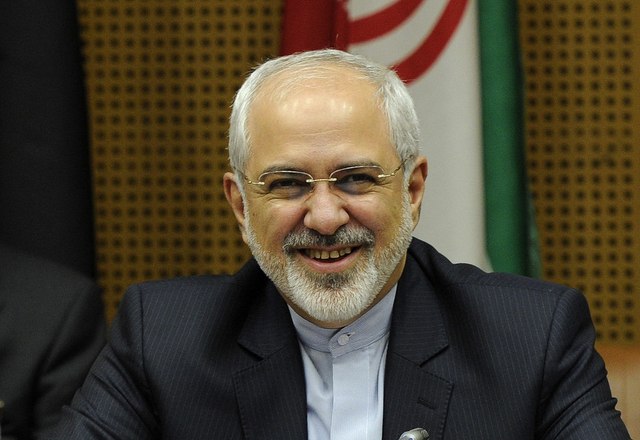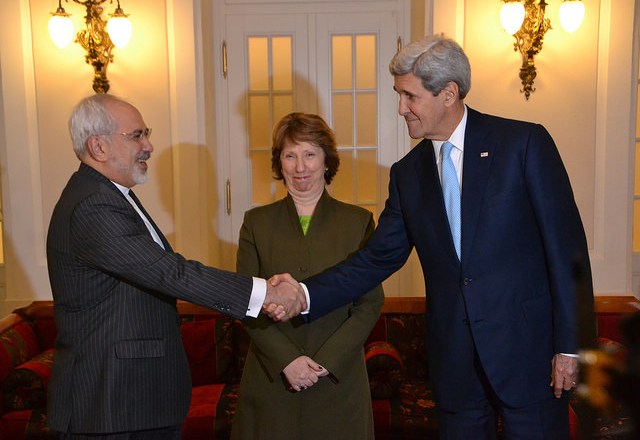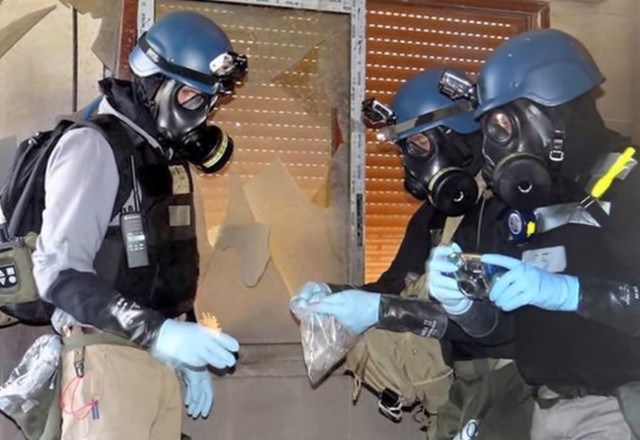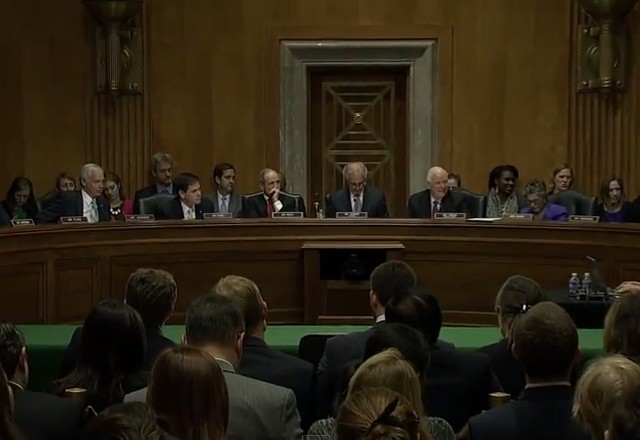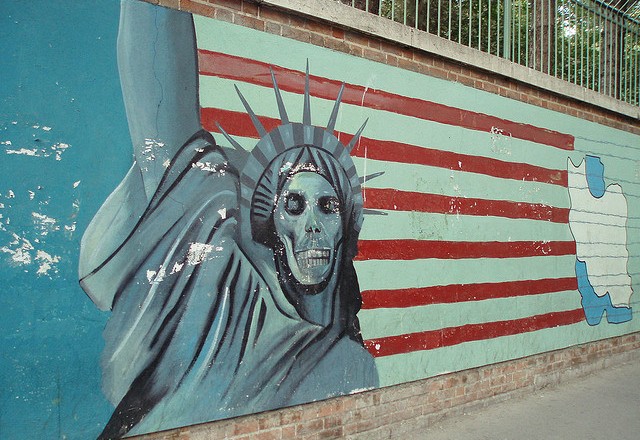Brave: Two Freshmen Dems Will Oppose Iran Deal
on August 25, 2015
18 Comments
Both Rep. Donald Norcross (D - N.J.) and Rep. Brendan Boyle (D - Pa.) have announced that they will stand on principle and oppose the nuclear deal with Iran (a/k/a, the Joint Comprehensive Plan of Action or JCPOA.) I know almost nothing about either of these legislators, but I have tremendous respect for them. They are both freshmen and yet they have both announced that they will stand against their party's leader, President Barack Obama, even though the President has made it clear that the JCPOA is a priority. I have little doubt that both men understand the risk; the administration has made it clear that it will not tolerate apostasy.
I give a lot of credit to Sen. Chuck Schumer (D - N.Y.) too, because he may have jeopardized his chances of a spot in the leadership by announcing his opposition to the JCPOA. The New York Daily News reported:
Josh Earnest, President Obama’s spokesman, ripped Schumer Friday after the senior New York senator broke with the President over the nuclear deal with Iran. Earnest all but encouraged Senate Democrats to consider Schumer's opposition to the pact when they vote next year to elect a new Democratic leader.

